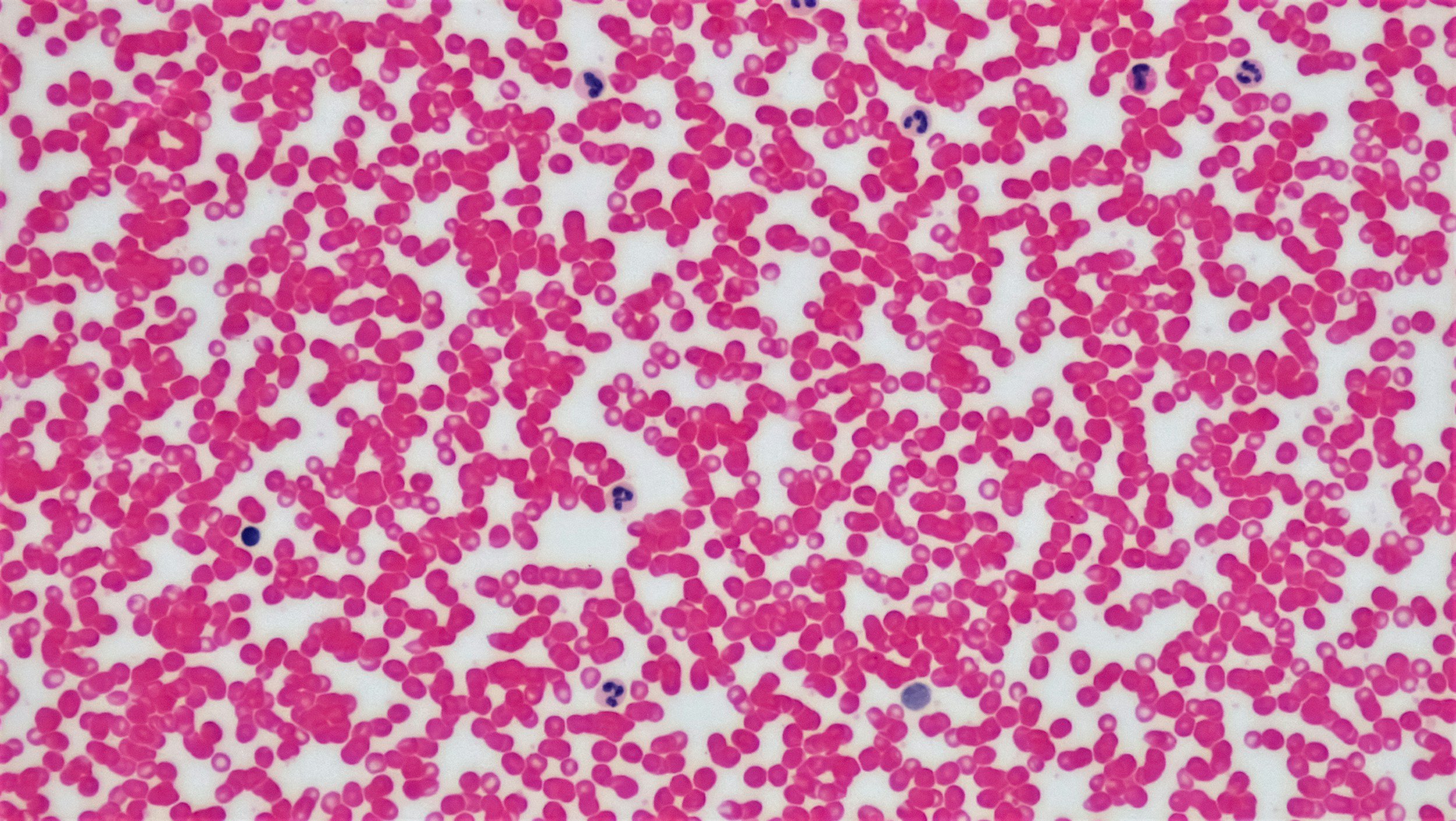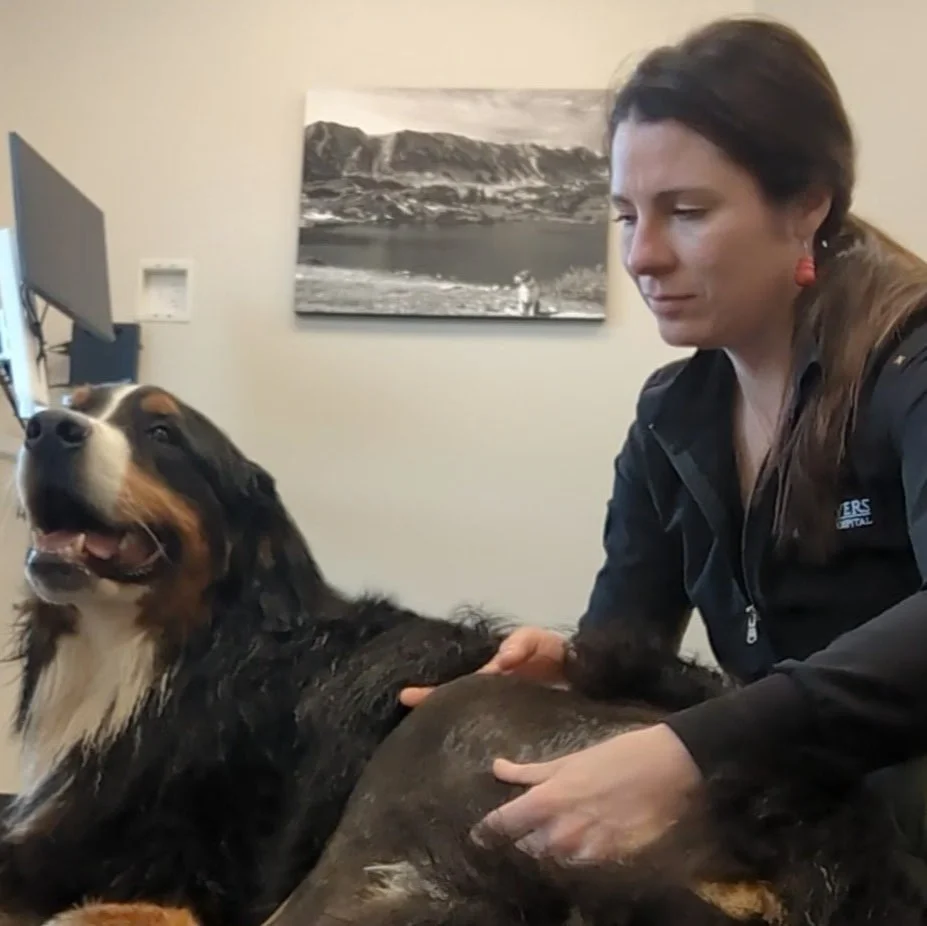
Welcome to Two Rivers Veterinary Hospital: Puppies
This page is designed to serve as a quick-reference guide for pet owners who have recently added a puppy to their family. All recommendations below reflect our clinic’s standards of care.

Check the Chip Day: Protect Your Pet with a Microchip
A microchip is a tiny device, about the size of a grain of rice, that’s placed just under the skin—usually between the shoulder blades. Each chip carries a unique identification number that’s registered to you, the pet’s owner, in a secure database. If your pet is ever found and scanned at a vet clinic or shelter, that number links directly back to you.

5 Hidden Greenery & Plant-Based Dangers Pet Owners Should Avoid
Some plants and plant-derived products can cause serious health issues for dogs and cats. Being aware of the risks helps you make safe choices for your home and garden.
Here are five plant-related hazards every pet owner should avoid:

National Mutt Day
Thinking of adding a dog to your life? There are a lot of wonderful reasons to consider a mixed-breed companion. Beyond their charming quirks and “custom blend” personalities, mutts often benefit from increased genetic variety, which can mean better long-term health and fewer inherited issues.

My Dog Tested Positive for Anaplasma—What Happens Next?
The first thing we do after a positive result is evaluate a complete blood count (CBC) and perform blood cytology. These tests allow us to check for changes in your dog’s blood cell levels and look for evidence of the bacteria inside the blood cells. If we see abnormalities or signs of infection, we begin treatment right away.

My Pet Tested Positive for Lyme Disease—Now What?
When your pet tests positive for Lyme disease, we follow up with a specialized blood test called the C6 antibody test, offered through IDEXX Laboratories. This test measures the level of antibodies against the Lyme-causing bacterium, Borrelia burgdorferi. A high C6 value typically indicates an active infection, and in these cases, we recommend starting treatment right away.

A New Non-Surgical Option for Some Mast Cell Tumors: Stelfonta
When it comes to treating mast cell tumors (MCTs) in dogs, one exciting option for certain cases is Stelfonta®, an FDA-approved injectable treatment that dissolves specific mast cell tumors—no surgery required.

Mast Cell Tumors
At Two Rivers Vet Hospital in Fargo, ND, we often help pet owners navigate the unexpected discovery of a lump or bump on their dog or cat. One important cause of skin masses in pets is a mast cell tumor (MCT)—a common type of skin cancer that can behave in very different ways depending on the individual pet.

Bank Now, Save Later: The Benefits of Stem Cell Banking
The key benefit of the "bank now, save later" option is that we collect stem cells while your pet is already under anesthesia for a scheduled procedure—no need for a second surgery or recovery period. Younger pets also tend to have a higher yield of healthier, more potent stem cells, making early collection a smart investment in your pet’s future.

Prophylactic Gastropexy: A Preventive Surgery That Could Save Your Dog’s Life
At Two Rivers Vet Hospital, we offer a procedure called prophylactic gastropexy—a preventive surgery designed to reduce the risk of a life-threatening condition called gastric dilatation and volvulus (GDV), more commonly known as bloat.

5 Signs It’s Time to Call the Vet
If you’ve searched “how to know when to take your cat to the vet Fargo ND” or you’re just worried something isn’t right, you don’t have to wait until it’s an emergency. We’re here to help — with same-week appointments, honest guidance, and compassionate care.

Addison’s Disease in Dogs: How We Test For and Treat It
Once your veterinarian suspects Addison’s disease, there’s a specific path we follow to confirm the diagnosis and begin treatment that can support your dog’s health for years to come.

Understanding Addison’s Disease in Dogs
Addison’s disease—also known as hypoadrenocorticism—is a condition that affects the adrenal glands, two small but powerful hormone-producing organs located near the kidneys. These glands play a crucial role in managing stress, electrolyte balance, blood pressure, and metabolism by producing hormones like cortisol and aldosterone. When the adrenal glands don’t produce enough of these hormones, it can cause serious health problems.

How to Perform an At-Home Blood Glucose Curve
Monitoring your pet’s blood sugar levels at home is one of the most helpful tools in managing diabetes. It allows your veterinary team to adjust insulin doses safely and effectively based on real-time trends in your pet’s glucose levels. A blood glucose curve helps us see how well your pet’s insulin is working throughout the day.

Understanding Canine Diabetes Mellitus
Diabetes mellitus is a condition we commonly see in older dogs, and though it sounds daunting, it’s a manageable disease when caught early and treated consistently.

What’s the Latest on Librela?
At Two Rivers Veterinary Hospital, we want to address this concern head-on with a clear, science-based perspective.

Easing Vet Visit Stress: How Pre-Visit Medications Can Help Your Pet
We often recommend pre-visit pharmaceuticals—safe, short-acting medications designed to reduce anxiety and help your pet feel calmer during their visit. These medications aren’t about “knocking your pet out.” They’re about setting the stage for a more peaceful, positive experience.

Why Does My Dog Have Diarrhea? Common Causes and What You Can Do
At Two Rivers Veterinary Hospital, we see dogs with diarrhea nearly every day—and while it’s rarely fun, it can be manageable. Let’s take a look at the most common causes and what you can do to help your dog at home.

Cushing’s Disease in Dogs, Part 3: Treatment and Long-Term Management
Most dogs with Cushing’s are treated with a daily oral medication that suppresses the overproduction of cortisol. The most commonly prescribed medication is Trilostane (brand name: Vetoryl®). It works by inhibiting the enzymes that produce cortisol in the adrenal glands.

Cushing’s Disease in Dogs, Part 2: How We Diagnose It
It’s important to note that no single test is perfect. Your veterinarian may recommend multiple tests or repeated monitoring, especially if your dog has other medical conditions that could affect the results.
